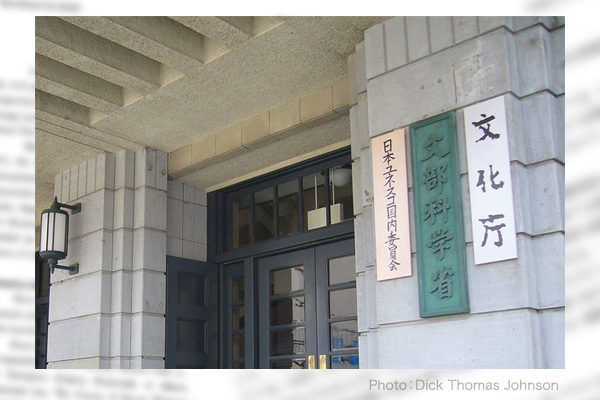On a personal note, I am a Christian. Among Christian denominations, I belong to an evangelical Protestant believing that authentic words of Gods are written in the New and Old Testaments that are the only code of faith and life. I believe in the miraculous stories written in the Bible that Jesus was born by Virgin Mary, revived the dead, was resurrected three days after the crucifixion and so on and so forth.
From a Christian standpoint, the Unification Church’s teaching that Reverend Moon Sun Myung is savior cannot be accepted. And as a scholar in Japan-Korea relations, I have devoted my life to insisting the Unification Church’s anti-Japanese idea that Japan has its original sin of having ruled Korea and thus has to serve South Korea runs counter to historical facts.
In Japan, there are some one million Catholic and Protestant Christians, accounting for only 1% of Japanese population at 120 million. I go to church every Sunday, worshipping God and have donated considerable money. I do all these things voluntarily. I know that my belief and behavior are much different from those of a large majority of Japanese. From that standpoint, I am horrified by the ongoing responses of the Japanese government and National Diet to the Unification Church issue.
Religious freedom could be affected
This is because many measures that had been viewed as unforgivable under the constitutional principle of religious freedom are now interpreted as forgivable.
Prime Minister Fumio Kishida has recently told the Diet that conditions for dissolving a religious corporation include civil code offences, suddenly modifying his earlier remark that the conditions are limited to penal code offenses. In the past, only two religious corporations have been ordered to dissolve. They were the Aum Supreme Truth cult involved in the sarin attacks on Tokyo subways and the Myokakuji temple group involved in a fortune-telling fraud scandal. Their representatives have received criminal punishments. But no Unification Church leader has been subjected to criminal charges. In response to Kishida’s sudden change to his stance, the education and science ministry suddenly launched preparations for interrogating the Unification Church with a view to an order for dissolving the religious corporation.
Furthermore, ruling and opposition party lawmakers are considering legislation to rescue people affected by Unification Church practices by allowing relatives of the Church followers to restore donations in place of the followers.
Religious minority feeling horrified
Factors behind these sudden developments are a public opinion change and a subsequent decline in approval ratings for the Kishida government. Why has public opinion suddenly become critical of the Unification Church? The reason was not that unforgivable example of damage by the Unification Church has recently been revealed. The sudden change is attributable to media’s bashing of the Unification Church after Nara Prefecture police leaked information that the assassin of former Prime Minister Shinzo Abe had a grudge against the Unification Church because his life was seriously affected by his mother’s massive donations to the Church two decades ago.
Constitutional frameworks for guaranteeing freedom of religion and freedom of private property disposition are easily collapsing as public opinion changes. Watching the changes as a religious minority whose faith differs considerably from that of a large majority in Japan, I fear that public opinion may aim its attack on us someday.
Tsutomu Nishioka is a senior fellow and a Planning Committee member at the Japan Institute for National Fundamentals and a visiting professor at Reitaku University. He covers South and North Koreas.


